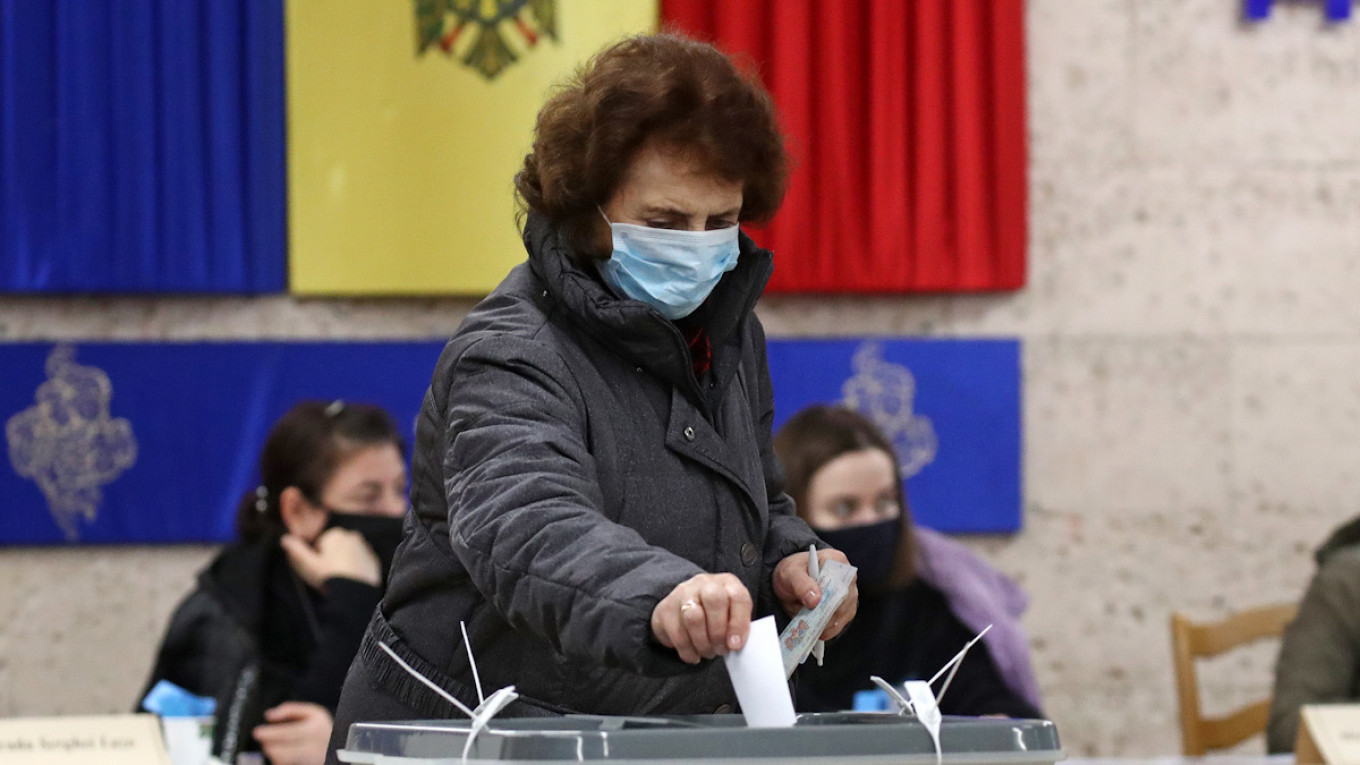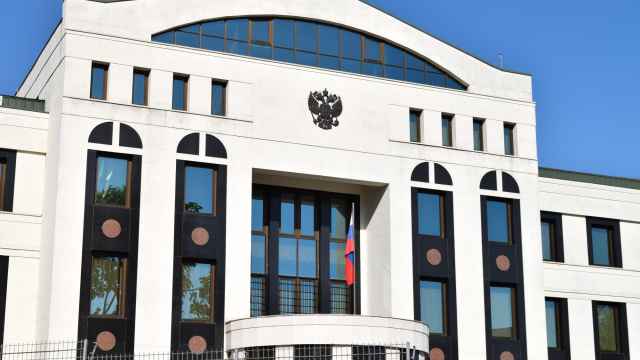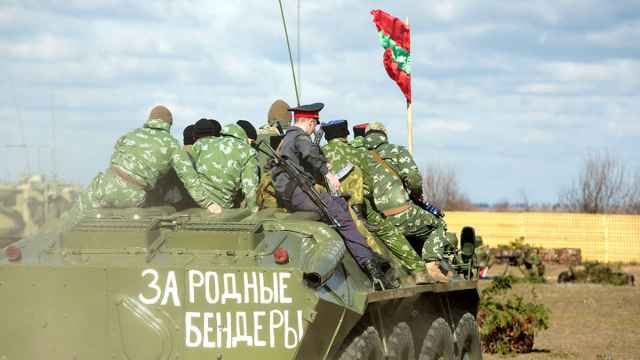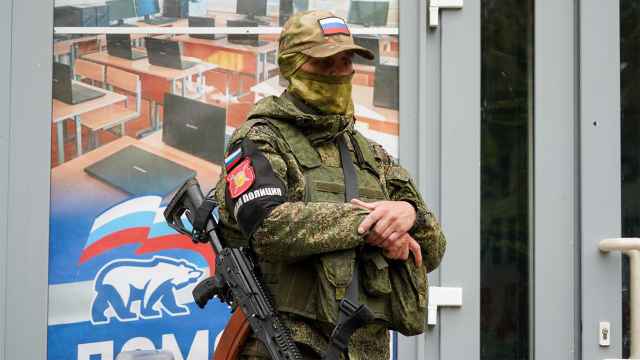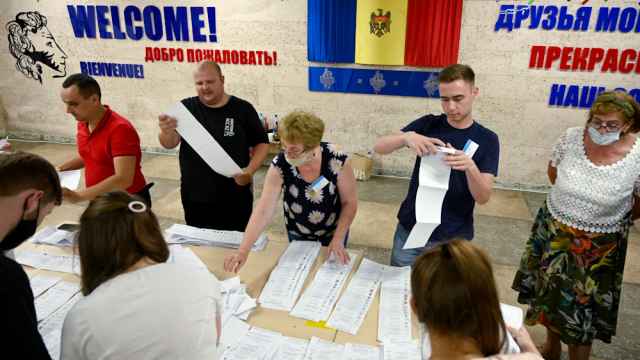Moldova held its presidential election Sunday in a vote that could push the ex-Soviet eastern European nation further away from Moscow’s orbit. Here’s all you need to know:
Where is Moldova and why is it important?
Wedged between Ukraine and Romania, Moldova is one of Europe’s smallest and poorest countries. With a population of almost 4 million split between a Romanian-speaking majority and a Russian-speaking minority, Moldovan politics is traditionally divided between supporters of greater alignment with the EU and those who advocate closer ties with Russia. Though domestically the election campaign was primarily fought on issues around Covid-19, corruption and the economy, overseas the vote was seen as having major geopolitical significance for both Russia and the West.
What happened over the weekend?
Though pro-Russian incumbent Igor Dodon had been the favorite to win this year’s presidential election, pro-Western former prime minister Maia Sandu won an unexpectedly comfortable victory, taking 58% of the vote on the back of overwhelming support from the 1 million or more Moldovan emigres in Europe and Russia. While Dodon had been expected to do well among voters in the Russian-backed breakaway region of Transnistria, his strength there wasn’t enough to win him a second term.
How is Russia involved?
As in many former Soviet republics, Russia plays an active role in Moldova’s politics, supporting candidates seen as pro-Russian in orientation. Dodon’s 2016 victory was welcomed in Moscow as a sign of Moldova returning to Russia’s fold. This time, Russian President Vladimir Putin explicitly endorsed outgoing president Dodon at a September meeting in Moscow, with Russian political strategists reportedly sent to Moldova to assist the Dodon campaign. Putin was nonetheless quick to congratulate Sandu on her victory Monday after Dodon conceded.
Who is the new president?
A center-right, pro-European veteran of Moldovan politics, Maia Sandu lost the 2016 presidential election to the pro-Russian Dodon. She served briefly as prime minister after a 2019 constitutional crisis, after teaming up with Dodon’s Socialist Party to oust supporters of Vladimir Plahotniuc, a fugitive businessman currently in exile in Turkey, from government.
Though the Moldovan president must share power with the prime minister — a Dodon appointee — the president is an influential player in the country’s politics, with a great deal of symbolism attached to the position. Sandu will be the first woman ever to hold the job.
What do experts think will happen next?
Though experts had predicted post-election protests after a tense campaign, Sandu’s unexpectedly large victory may have prevented that. However, without a majority in parliament, Sandu’s ability to push through her agenda will be limited for now, analysts told The Moscow Times.
“The interesting thing is what the MPs do now,” says Bob Deen, coordinator of the Russia and Eastern Europe Centre at the Clingendael Institute, a Dutch think tank.
“The majority in parliament is fluid, and beholden to special interest groups. The president can do a lot from the pulpit, but it will be an uneasy period in Moldova until the next parliamentary elections.”



